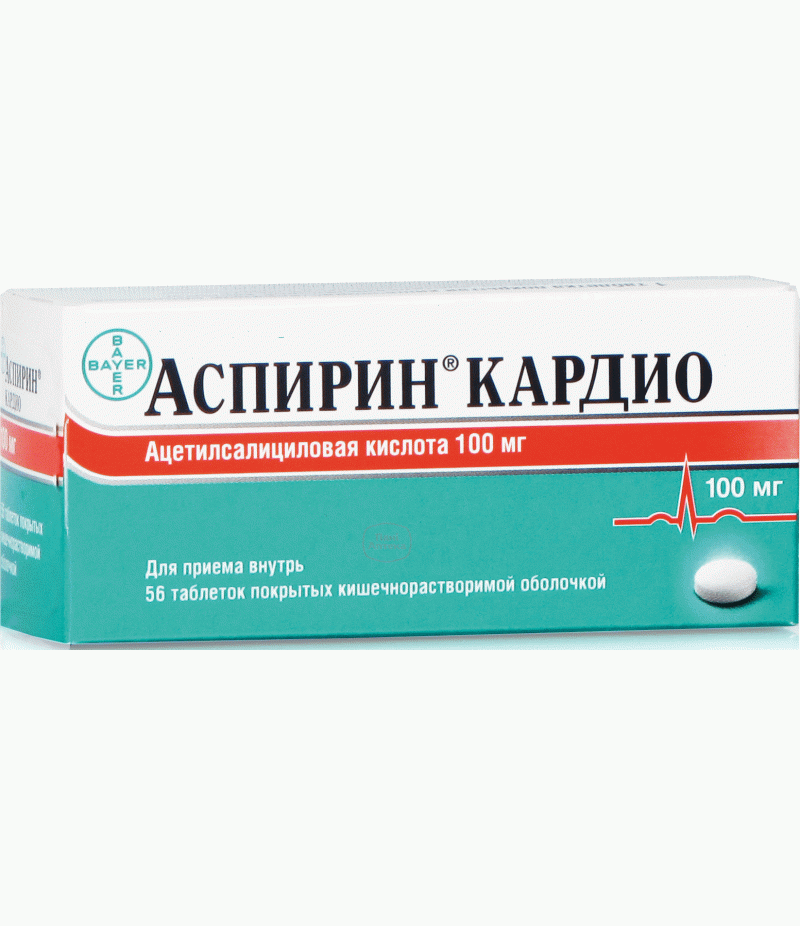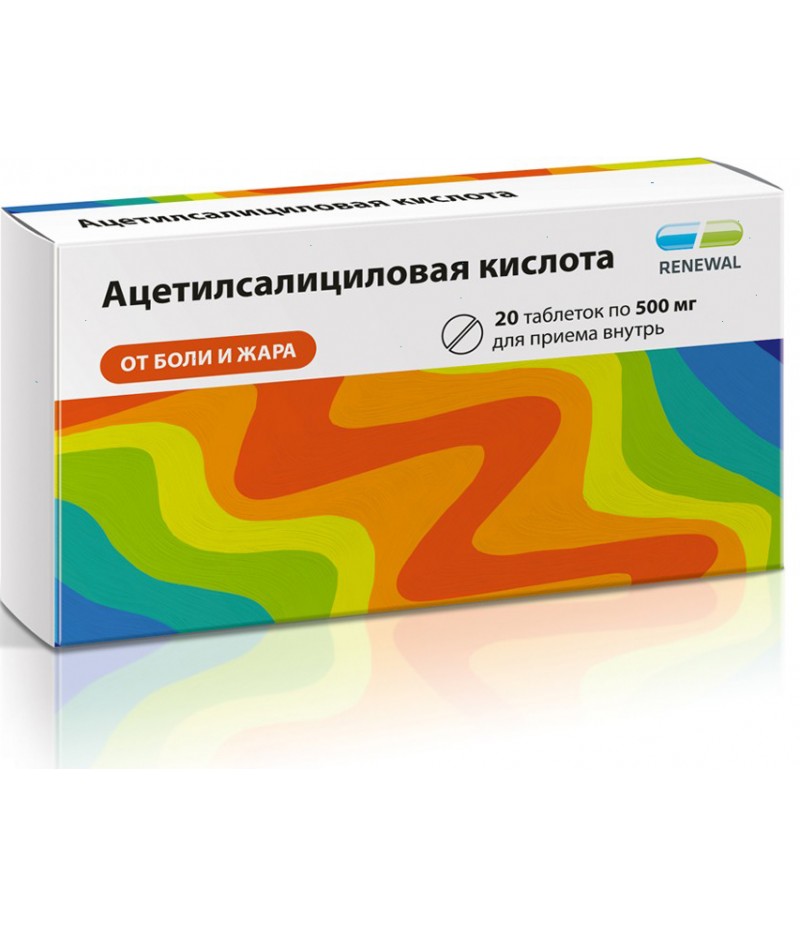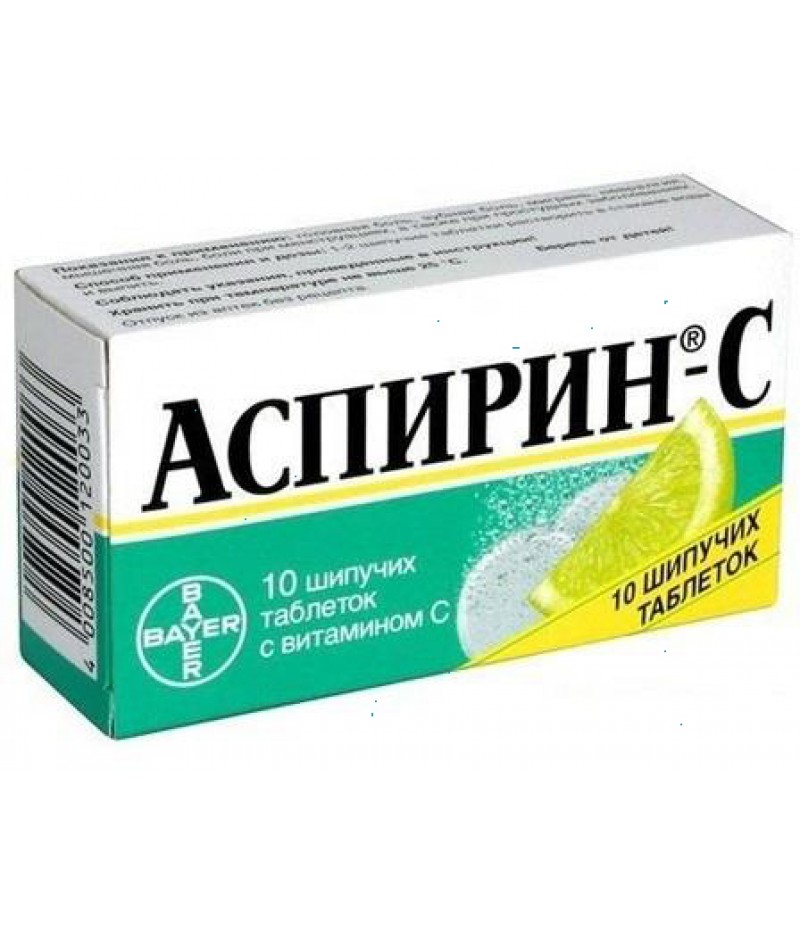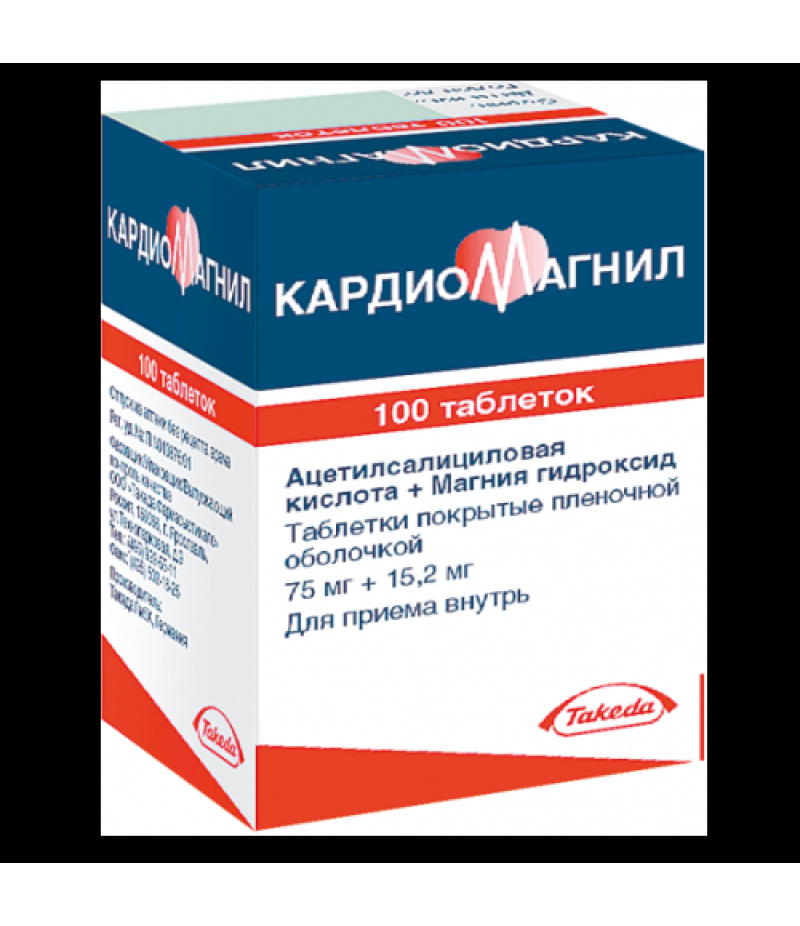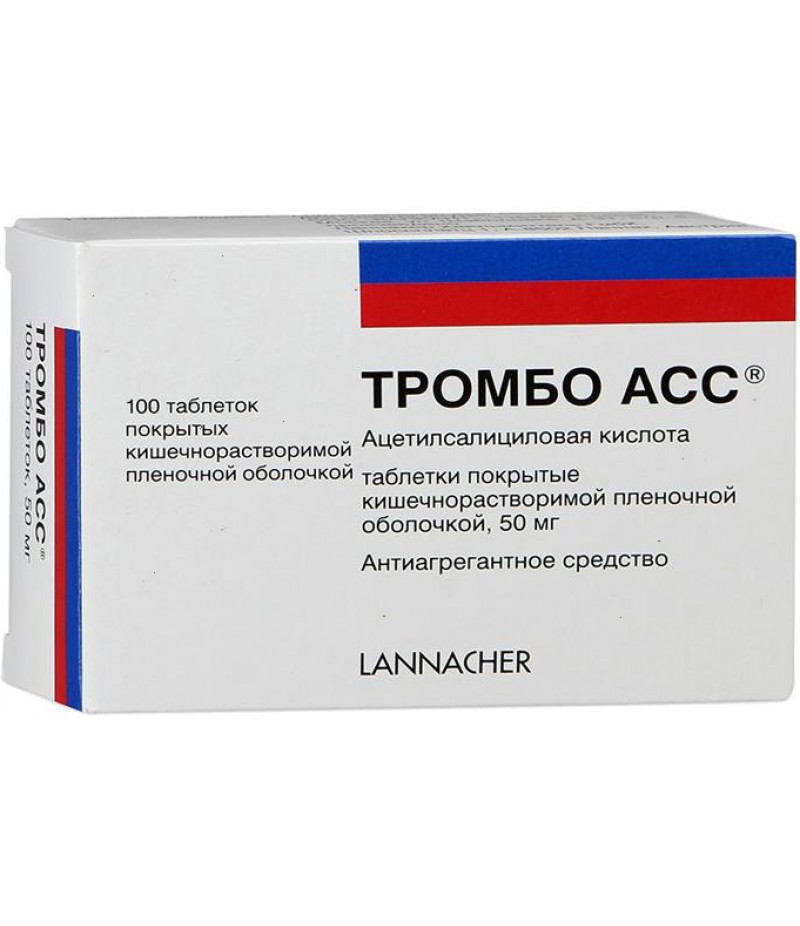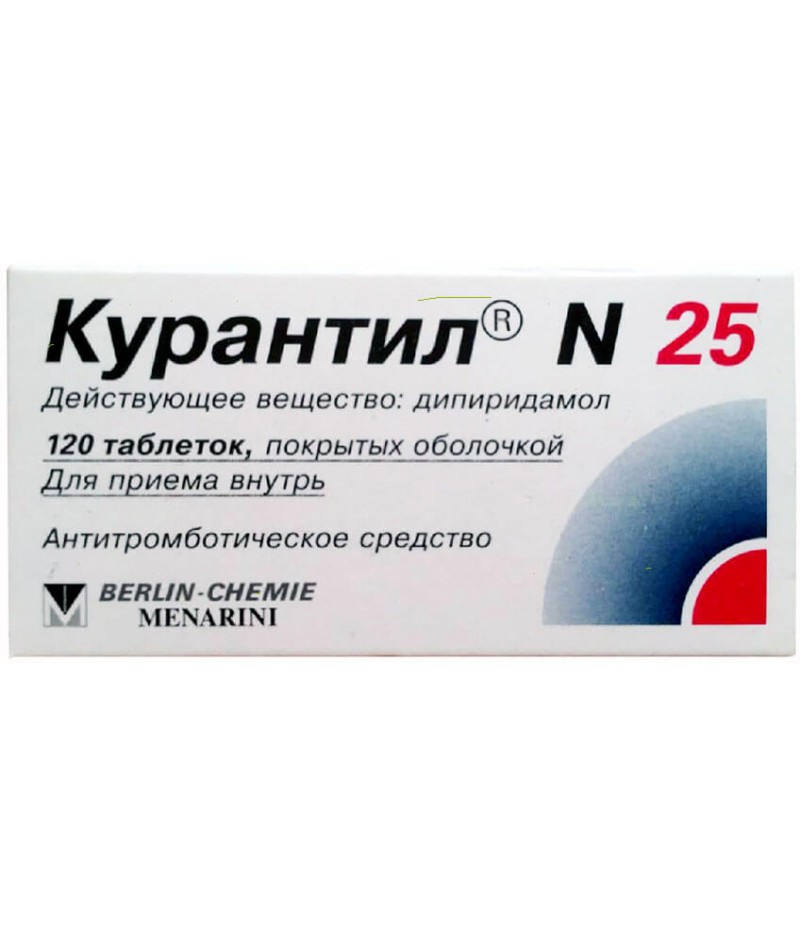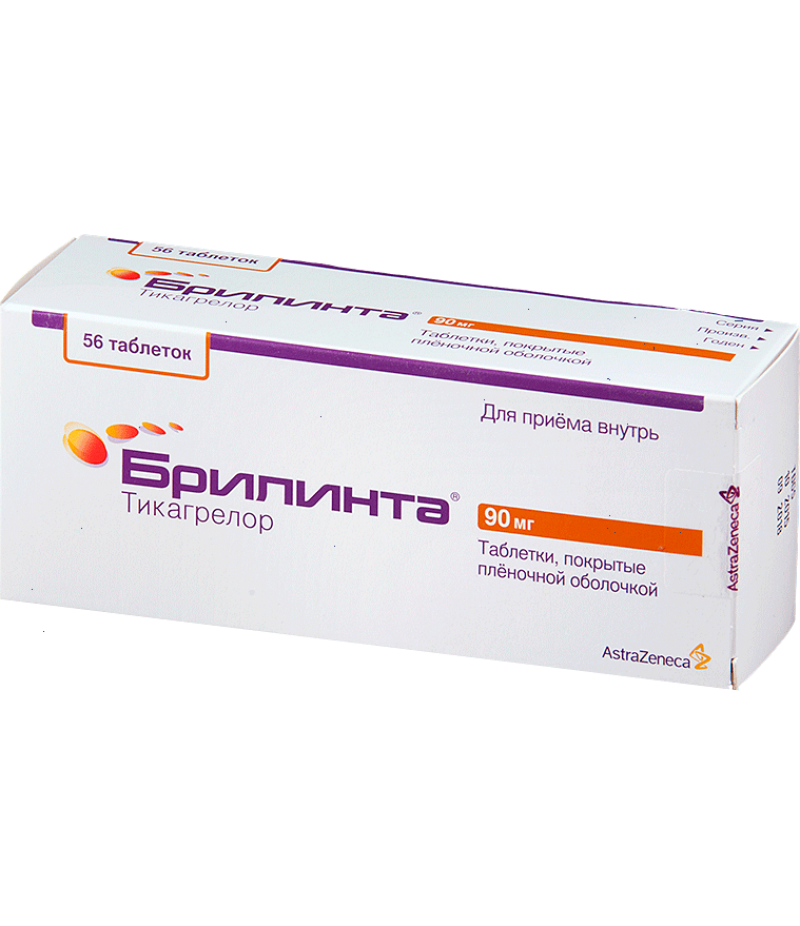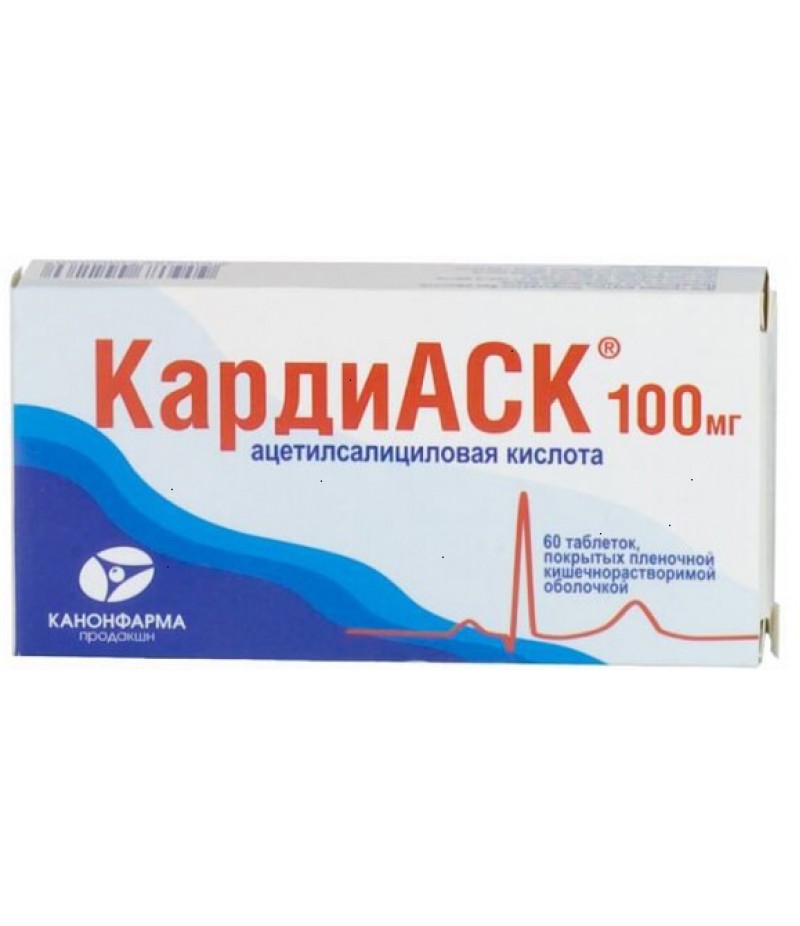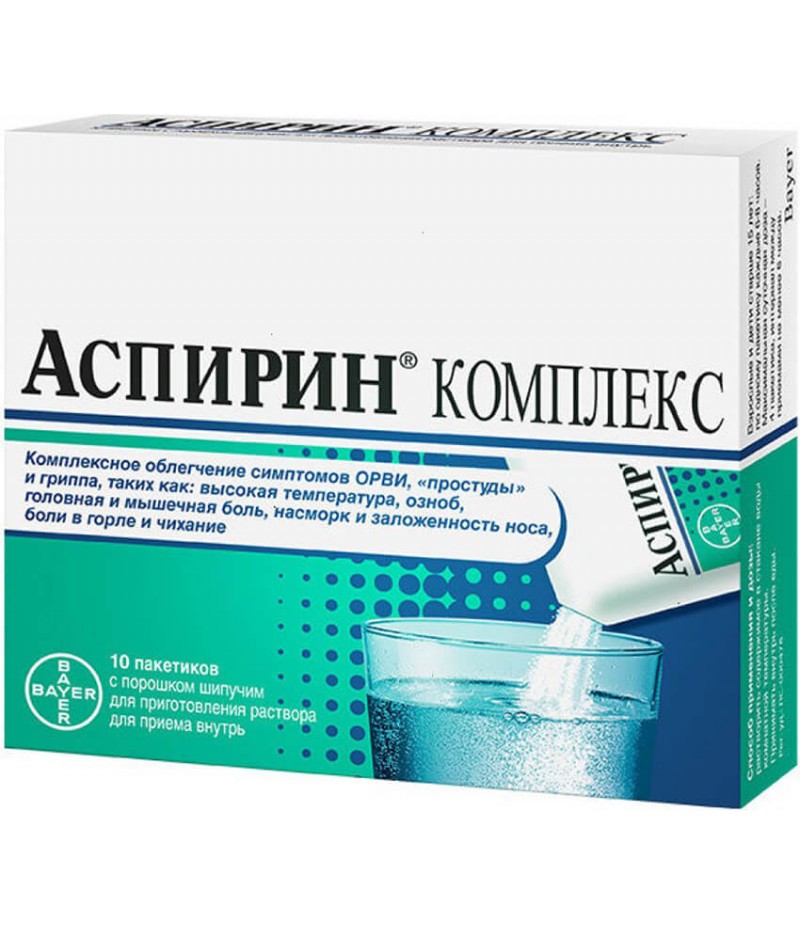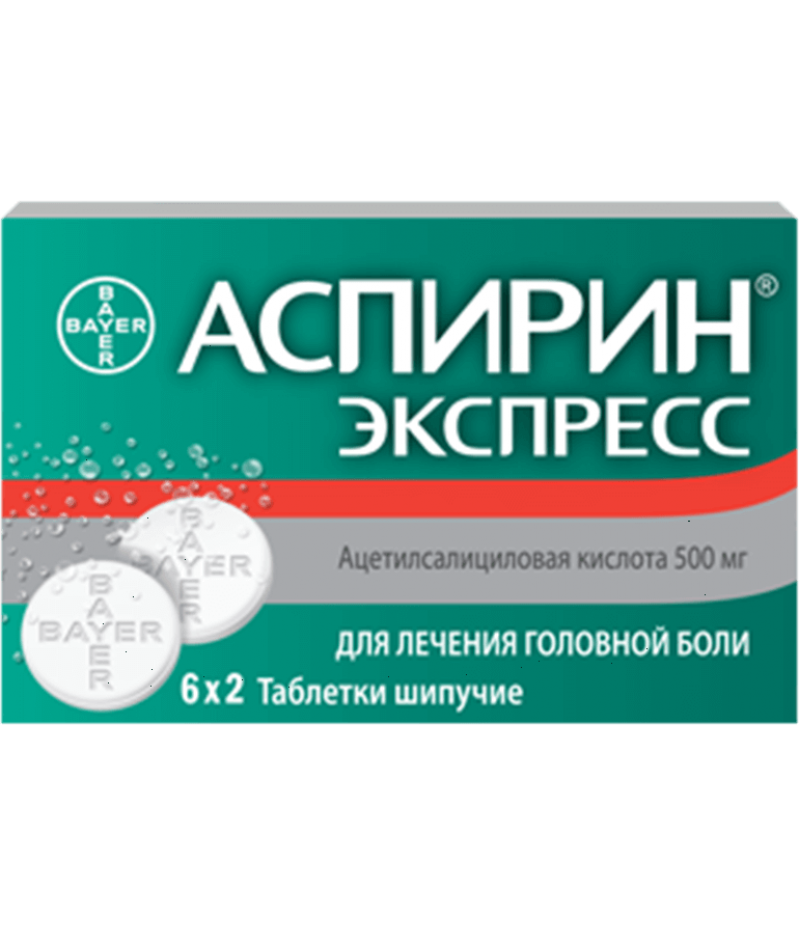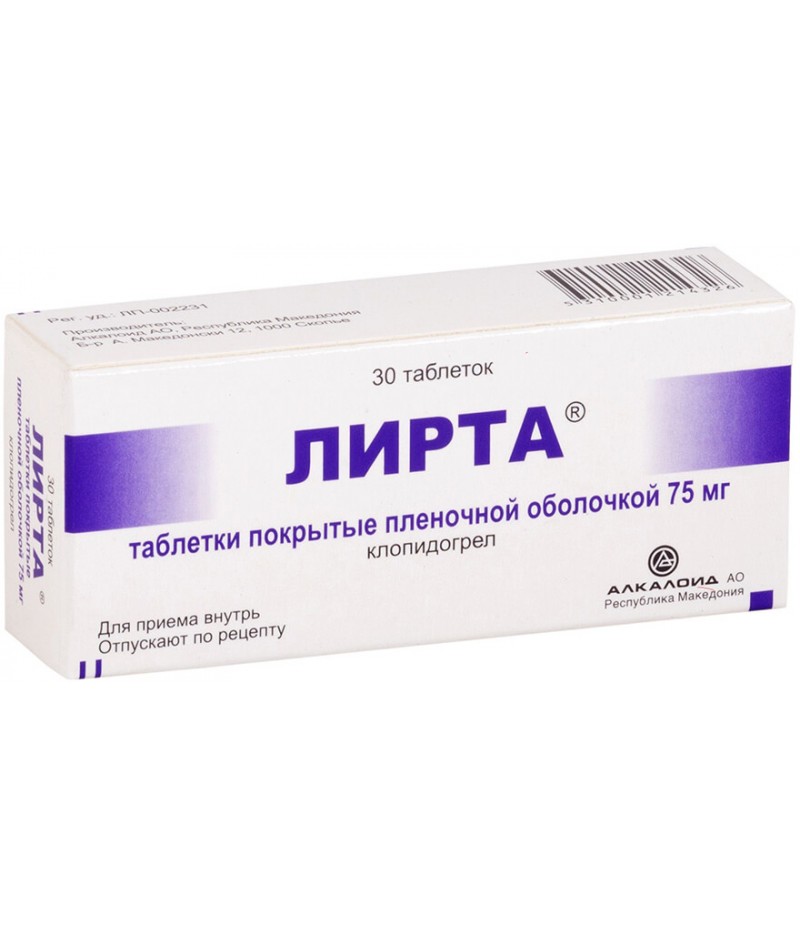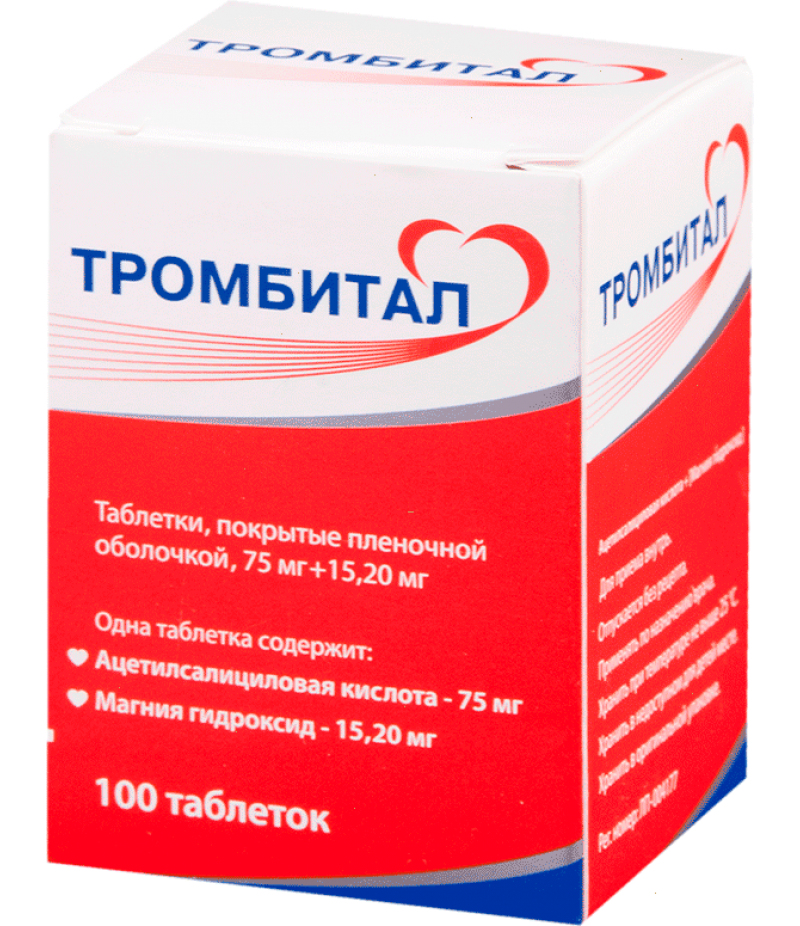Aspirin cardio 100mg #56
- $12.86
- 3 or more $12.32
- Availability:In Stock
Aspirin cardio instruction for useYou can buy Aspirin cardio on this pageAspirin Cardio is a drug from a group of non-steroidal anti-inflammatory drugs that promote anti-aggregation effects.CompositionActive component of the table..
Tags: tabs
Aspirin cardio instruction for use
You can buy Aspirin cardio on this page
Aspirin Cardio is a drug from a group of non-steroidal anti-inflammatory drugs that promote anti-aggregation effects.
Composition
Active component of the tablets is acetylsalicylic acid. The drug is available in a dosage of 100 and 300 mg. As auxiliary substances, cellulose and corn starch are used.
Pharmacological effect
Aspirin Cardio is widely used in the treatment of vascular diseases because of the ability of the drug to inhibit platelet aggregation.
The drug also contributes to the provision of analgesic and antipyretic effect, reduces the inflammatory process.
Indications for admission
Aspirin Cardio is used during preventive therapy of such conditions: myocardial infarction, angina pectoris, stroke, thromboembolism, thrombosis.
The drug is recommended to take the doctor's prescription to those people who fall into the risk group: patients with diabetes mellitus, obesity, hypertension, high cholesterol; elderly, smokers.
Contraindications
Contraindications to the use of Aspirin Cardio are such conditions: bronchial asthma, aspirin intolerance and drugs from the group of NSAIDs, gastric ulcer, hemorrhagic diathesis, the period of bearing of the child (2 and 3 trimester) and breastfeeding, age to 18 years, severe violations of the normal functioning of the liver and kidney, development of chronic heart failure grade 3-4.
The drug is used with caution for gout, peptic ulcer in remission, in the 2nd trimester of pregnancy, before the proposed surgical intervention, chronic diseases of the respiratory system, including hay fever and polyposis. Method of administration, dosage
Since after intake of the drug is completely absorbed from the gastrointestinal tract, the tablets should be used before the main meal, with enough water.
The drug is recommended to be used once a day, this drug is suitable for long, systematic administration. The exact dose and duration of therapy is determined by the attending physician after a comprehensive examination of the patient.
During the primary prevention of heart attack, the drug is taken at 100 mg per day or 300 mg every other day.
In order to prevent repeated infarctions, stable and unstable angina, the drug is used at 100-300 mg per day.
With the development of unstable angina, the drug is prescribed at 100-300 mg. If a suspected acute infarction is suspected, the patient should take the first tablet of the medication as soon as possible. The drug should be chewed in order to speed up the absorption process and provide therapeutic effects.
In order to prevent strokes and cerebrovascular disorders, as well as the development of thromboembolism in the period after surgery, the drug is taken at 100-300 mg per day.
For the prevention of deep vein thrombosis and thromboembolism - 100-200 mg per day or 300 mg every other day.
If you miss the drug, the next pill should be taken as soon as possible. Further medication should be carried out according to the usual scheme. In the event that a lot of time has passed from the moment of skipping and the time of taking the next tablet is approaching, double the dosage should not be.
Overdose
In the case of an overdose of mild to moderate severity, reactions such as dizziness, hearing loss, headache, increased sweating, confusion occur.
As a treatment should be washed stomach, repeatedly take activated charcoal and restore water-electrolyte balance. When the first symptoms of intoxication should immediately consult a doctor.
When an overdose of a severe degree in the patient there is a significant increase in temperature, respiratory depression, violation of the heart rate, lower blood pressure, the development of gastrointestinal bleeding, tinnitus, drowsiness, seizures, coma.
This condition requires immediate hospitalization for emergency care - gastric lavage, taking activated charcoal, conducting symptomatic treatment under the supervision of a doctor.
Side effects
The drug can provoke the development of allergic reactions and a number of side effects from the gastrointestinal tract (heartburn, abdominal pain, nausea), the central nervous system (hearing impairment, tinnitus, headache) and urinary system, the system of blood formation (risk of bleeding and bruising).
If side effects develop, stop taking the drug and seek medical advice. You may need to adjust the dosage or replace the drug.
Drug Interactions
Aspirin Cardio has the ability to enhance the pharmacological effects of the following medicines:
Methotrexate.
Heparin and indirect anticoagulants.
Selective serotonin reuptake inhibitors.
Digoxin.
Hypoglycemic agents and insulin.
Valproic acid.
Preparations from the group of nonsteroidal anti-inflammatory drugs.
Alcoholic beverages (ethanol).
If such a combination is necessary, consideration should be given to reducing the dosage of these agents.
Aspirin Cardio can weaken the pharmacological effect of such drugs:
Diuretics.
ACE inhibitors.
Drugs that exert a uricosuric effect.
Patients with a high risk of developing cardiovascular disease are not recommended to combine Aspirin Cardio with ibuprofen.
Additional recommendations
The drug can be used only for its intended purpose and in accordance with the doctor's instructions.
Taking Aspirin Cardio can provoke the development of bronchospasm, bronchial asthma and other manifestations of drug intolerance.
Overdose of the drug is especially dangerous in patients of older age groups.
The use of Aspirin Cardio does not affect the management of transport mechanisms and the performance of works requiring increased concentration of attention.
Storage
Storage of the drug should be carried out in a dark place, protected from direct sunlight at a temperature of not more than 25 degrees.

